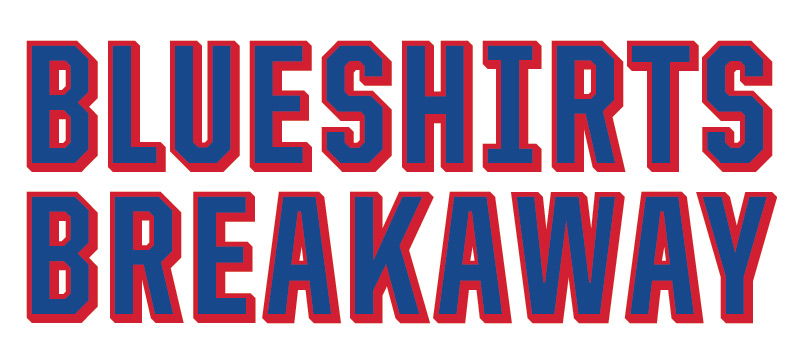Yes, that Brooks Orpik.
Yes, the real Stanley Cup Final.
No, for once, I am not lying.
After the goal, articles came out about how players were bashing Corsi following Orpik’s big tally. In response to that, advanced stats aficionados and haters once again took to Twitter to argue about their usage.
I am pro-advanced stats, but to a point. I use them in my analysis and consult them regularly, but I try not to identify as part of the advanced statistics community due to (often rightful) backlash for being unapproachable and dismissive.
However, that is not the point of this article. The point of this article is to discuss why advanced statistics will never reach the point the advanced statistics community would like them to.
The answer is relationships.
Let me tell you a quick story. A friend of mine who covered a Florida sports team had a very strong rapport with one of the players. He would regularly get buzz quotes both on and off the record, helping him write some of his finest work. One night after a tough loss, he asked a question that rubbed the player the wrong way. He figured that would be the end of that, but was soon stunned to find the player essentially stopped answering his questions altogether. He lost his best relationship over one question, and while in time he managed to repair it some, it never got back to where it was.
That’s an example of why reporters never ask the questions we want them to ask. While it irks me to no end, reporters are more relationship managers than anything. We see in the NBA, players get pissed off over questions asked on the podium, we laugh, we move on. The reporters cannot move on. They must redeem themselves if it’s even possible, or they lose the player.
For us it may not seem like a big deal, but for reporters, quotes are half the reason they are even there. Without quotes they are just bloggers with a bigger byline, and it’s reasonable to believe that could cost many of them their jobs, considering how in-depth bloggers get. Do you see why they tend to try to diminish the blogging community, too?
Back to the original point, let me reference a tweet of Adam Herman’s, who I respect a lot. I am not meaning to call him out, but simply answer a (potentially rhetorical) question.[/text_output]
A trend I've noticed is that players only get asked about players/teams with awful analytical numbers when the optics are ideal for a smackdown quote. Maybe I'm wrong, but I doubt Matt Niskanen has ever been asked about Orpik's Corsi during a stretch of one win in 7 games. https://t.co/TzYjc2J9TW
— Adam Herman (@AdamZHerman) May 31, 2018
Which brings me to my next point, why players do not speak about advanced statistics more themselves.
Let’s say you are working a job with colleagues you have a strong appreciation for. Everyone believes everyone is doing fine, then a new statistic comes out saying actually some of your best friends are not doing fine. Are you going to try to push that to the side, or pump it up at the expense of your colleague? For most, the former is the likely answer.
A player has some to gain by pumping up advanced stats, mostly if their advanced stats are strong. But the net gain is minimal at best, with organizations being unlikely to sign you because you’ve shown an understanding of statistics. Organizations want to see, not hear. So for that minimal gain, there comes the plenty to lose.
Say Matt Niskanen said “Yeah, the statistics don’t look good on Brooks. He’s a weakness in that regard for sure.” ….how would that look in the locker room? For Orpik himself, how would it impact him if advanced statistics became more prevalent? For many players, how would it play out? Could they lose money in negotiations? Could their careers end earlier?
Due to the minimal gain and large potential for hurting either their, or their teammates’, careers, there is little reason for players to outwardly do anything other than dismiss advanced statistics. Internally I assume many pay attention, but in the public eye it does not benefit them to do so.
All things considered, if you are waiting on the day advanced statistics are shown on TV, discussed openly in major publications, or more, you’re in for a long wait. While Larry Brooks and some others have shown the willingness to adapt, there is too much to lose for many others.
I will believe for myself that advanced statistics are important to analysis, but there is no point in pushing them on someone else, or expecting them to become normalized in the big NHL circles. And for all the questioning we can do, it seems that’s just how it’s going to be.[/text_output][text_output]Find Brandon on Twitter where he’s likely to do one of three things –
- Make a bad, cringeworthy pun that you’ll eventually appreciate
- Fluff Greg Bird
- Make a bad, cringeworthy Greg Bird-related pun that you’ll never eventually appreciate
Author: Guest Writer
This contributor is a fan who wanted to contribute an article to blueshirtsbreakaway.com. Please show them some love on the above links. If you’d like to submit an article to be posted on the site, please send it on over using one of the links below!

